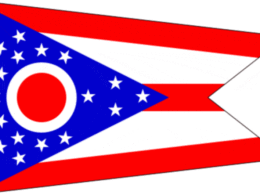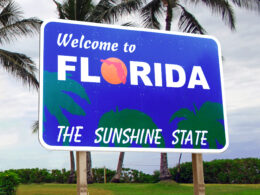Offshore sportsbooks dominated the U.S. sports betting market for years because for most people, they were the only available outlet. But since the Supreme Court overturned PASPA in 2018, many states have legalized sports betting. Yet that still did not impact the habits of many American sports bettors.
As far as they were concerned, using an offshore book had worked out for them in recent years. So why change? Just because now they could bet with a legal, licensed and regulated sportsbook?
Yes, betting with an offshore book is technically illegal. But since it is not something the authorities actively pursue and prosecute, the PASPA ruling did not really impact people betting with offshore sportsbooks. Many customers are not even aware that they are doing something illegal.
But due to a couple of recent developments, the end of the offshore sportsbook could be near.
With online sports betting expected to be coming soon to New York, Bovada, one of the largest offshore sportsbook operators, announced it is pulling out of the Empire State. It will stop taking bets as of June 21.

This will leave Bovada’s New York customers without a sportsbook. Until online sports betting launches in New York (expected to do so in 2022), New York gamblers will have to take the bridge or tunnel (or train) to New Jersey.
Bovada made the announcement to its New York-based players via email, blaming the decision on the new regulations and restrictions that will get placed on players.
However, Bovada is not the first offshore book to pull back from U.S. markets in recent years. Bookmakers and BetOnline pulled out of New Jersey in 2019. Another popular offshore book, 5Dimes, pulled out of the entire U.S. back in September 2020.
Along with Bovada pulling out of New York, it appears that offshore books will not be referenced by the Associated Press anymore. The AP has come to an agreement with FanDuel to use their odds and gambling data in its content (for the duration of the deal).
With the media pulling back from offshore books and Bovada and others pulling back, the door could be opening for licensed, regulated sportsbooks to take charge of the U.S. industry.

Many people take comfort in betting with a company they are familiar with. If the Associated Press was referencing it, the book could not be all bad, right? As deals like the one FanDuel has with the AP become more common, bettors will become more familiar with legal, licensed U.S. sportsbooks.
With offshore books starting to pull back and potentially losing some of the name recognition that has helped them dominate the U.S. market, the end could very well be near for offshore sportsbooks in the U.S.
Picture Credit: Google Creative Commons Licenses









